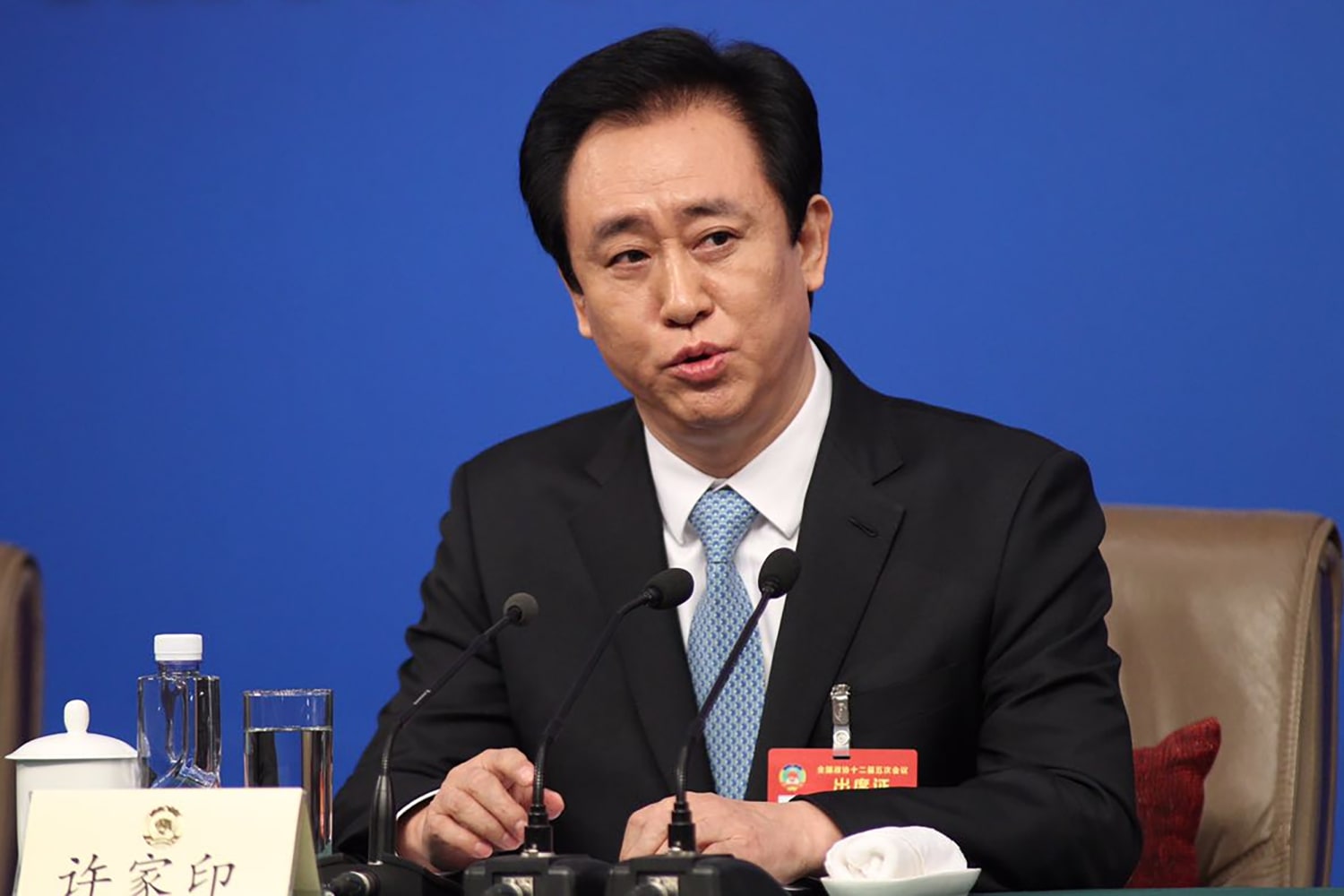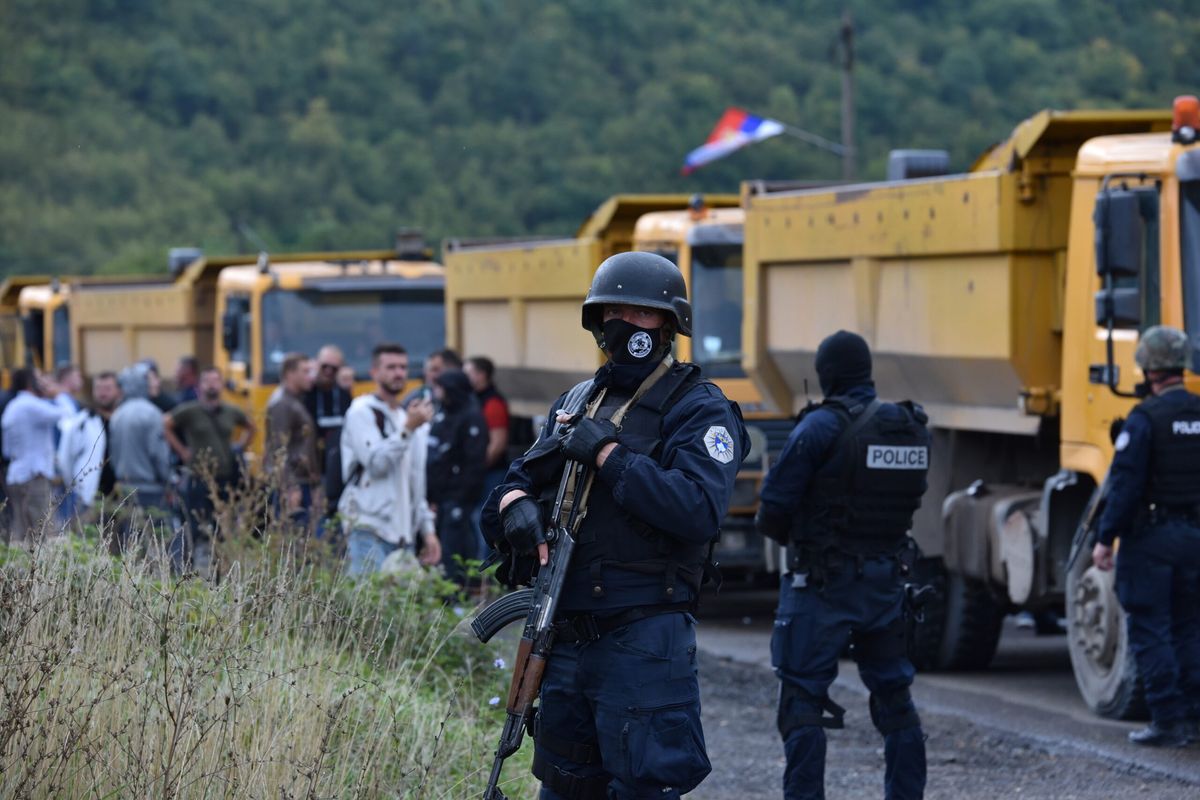The extensive and dramatic journey of China Evergrande has arrived at its foreseeable end, as the company is set for removal from the Hong Kong stock exchange. This official exit from a prominent public market marks the last chapter in the collapse of what used to be the second-largest property developer in the country. The decision is not simply a bureaucratic process but a significant symbolic occurrence, marking the close of an era characterized by bold growth and unsupportable debt. This ending to the Evergrande narrative highlights the deep-seated risks within China’s real estate sector and the government’s evolving economic focus.
The origins of Evergrande’s crisis stem from a business strategy centered on swift expansion fueled by debt. The corporation functioned by extensively borrowing to purchase land, then selling apartments in advance of their construction completion. The income from these advance sales, typically as deposits, was utilized to finance new ventures and manage current obligations. This repetitive method, highly profitable during the surge in China’s property market, essentially relied on the continuous availability of credit and consistently rising real estate values. It was a plan that was ingenious in its ambition yet perilously delicate in its implementation.
For years, this model worked, making Evergrande a household name in China and its founder, Hui Ka Yan, one of the country’s wealthiest men. The company’s reach was immense, with hundreds of projects across more than 280 cities. Its brand became synonymous with the country’s economic ascent and the aspirations of its growing middle class. However, this success masked a dangerous level of over-leverage, with the company’s liabilities swelling to a staggering amount, a figure so large it was difficult for many to comprehend. The foundation of its empire, built on debt, was destined to crumble when the flow of capital was curtailed.
The trigger for the disintegration of the company was an intentional policy change by the Chinese authorities. In 2020, Beijing implemented the “Three Red Lines” initiative, a series of rigorous standards aimed at reducing leverage in the property market and restraining excessive debt accumulation. Evergrande did not satisfy all three benchmarks, which effectively severed its ability to obtain new loans from state-owned financial institutions. This policy was a definitive signal that the authorities were no longer inclined to support the speculative, high-risk methods that had driven the real estate surge. It was a pivotal point that laid bare the inherent vulnerability of Evergrande’s financial setup, rendering it incapable of managing its vast liabilities.
The delisting itself is a final verdict from the financial markets. For months, the company’s shares had been suspended from trading, a clear sign that its value had evaporated. The formal delisting removes the company from public accountability and provides a sense of closure, however bleak, for investors. It means that the company, as a publicly traded entity, is officially dead. This move also highlights the strict regulatory oversight of the Hong Kong Stock Exchange, which ultimately holds companies accountable for their financial health and public disclosure. The delisting is a testament to the exchange’s commitment to maintaining market integrity.
The removal from the exchange represents a severe and conclusive setback for both minor and major investors. Global bondholders, who had extended loans worth billions to the firm, now confront the almost certain reality that their assets are valueless. The anticipated course of action for the company is liquidation, a process expected to be lengthy and intricate, with lenders contending for the remnants of a once-powerful corporation. For individual, minor investors who acquired shares in Evergrande, the delisting renders their investments merely a historical footnote, serving as a stark reminder of a gamble that disastrously failed.
The personal impact of this downturn is possibly the saddest and most lasting element of the crisis. Countless Chinese buyers had already paid for apartments that remain, in many scenarios, uncompleted and deserted. Their life savings, often the result of many years of labor, are caught up in these delayed projects. This has sparked a series of social disturbances, with protests and refusals to pay by frustrated buyers calling for government action to guarantee the completion of their residences. The situation of these people signifies a significant political and societal problem for the Chinese leadership, which is now facing significant pressure to regain public trust in the property market.
The fallout from the Evergrande debacle extends well beyond its own financial reports. The downturn in the property market has had a significant cooling impact on the larger Chinese economy, which has traditionally depended on the real estate sector as a key driver of expansion. This turmoil has severely affected financial institutions, burdening them with numerous non-performing loans worth billions. Additionally, the economic deceleration has had repercussions for various related sectors, from construction and raw material suppliers to furniture and electronic goods. This web of connections has manifested a systemic issue, illustrating how the collapse of a single firm can cause reverberations across an entire economy.
The reaction of the Chinese authorities has been a complex balancing act. They have been hesitant to implement a complete rescue operation, indicating a shift from the “too big to fail” mindset. Rather, their plan has involved a controlled dismantling, concentrating on managing the consequences and averting a large-scale financial crisis. They have offered specific assistance to ensure certain projects are finalized and have prompted state-run developers to purchase the assets of struggling private enterprises. This strategy seeks to reestablish stability in the real estate market while circumventing a moral hazard that might incentivize irresponsible borrowing.
The removal of Evergrande from the stock exchange goes beyond just a business setback; it represents a significant historical event. This signifies the conclusion of a period characterized by unchecked, debt-driven expansion within China’s housing market. The dilemma has prompted a fundamental reassessment of the national economic approach, shifting the government’s focus to emphasize stability and well-being rather than sheer quantitative expansion. The outlook for China’s real estate industry will probably be shaped by a new, more cautious strategy, with an increased involvement of state-owned firms and a renewed emphasis on developing a sustainable, long-term housing market that prioritizes the needs of the population over the ambitions of developers.




